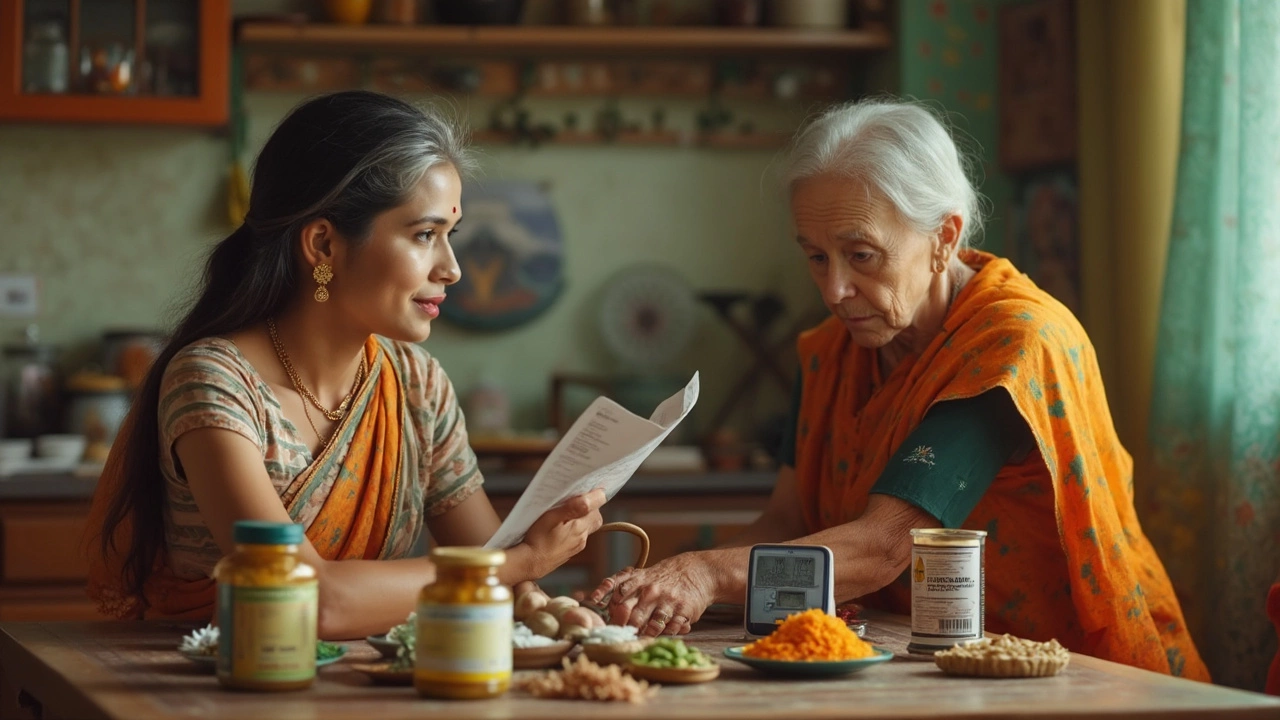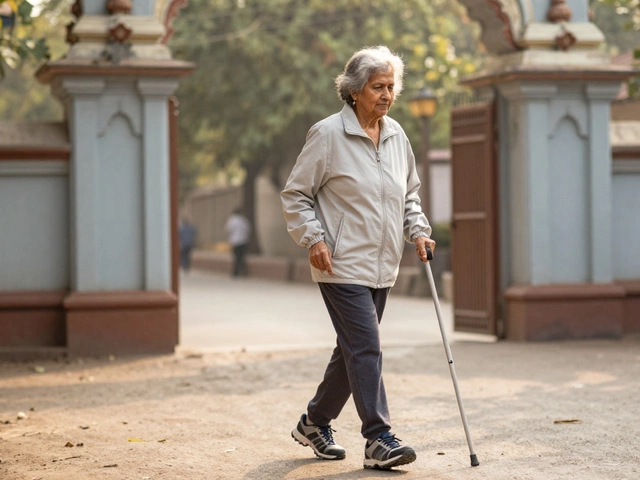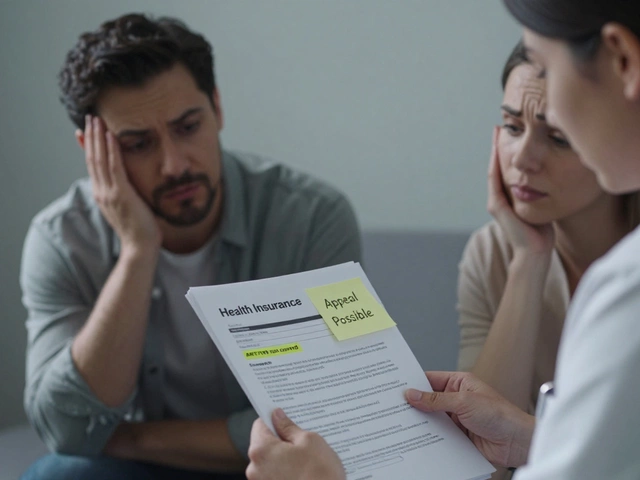Hypertension and Indian Medicines: A Practical Guide
High blood pressure, or hypertension, is a silent problem for many in India. While doctors prescribe medicines to control it, some over‑the‑counter drugs and herbal supplements can actually raise your numbers. Knowing which products are risky helps you stay in control and avoid surprise spikes.
Common Medicines That May Spike Blood Pressure
Even everyday pills can have hidden side‑effects. Non‑steroidal anti‑inflammatory drugs (NSAIDs) like ibuprofen or diclofenac are popular for pain, but they can cause your kidneys to retain sodium, leading to higher pressure. Decongestants such as phenylephrine, often found in cold tablets, tighten blood vessels and push the reading up. If you take a steroid cream for skin issues, remember that systemic absorption is possible and can affect your heart too.
Herbal and Ayurvedic Products to Watch
Ayurvedic herbs are trusted for many ailments, yet some have stimulant properties. Guggul, used for cholesterol, can sometimes increase heart rate and pressure when taken in high doses. Licorice root, a common sweetener in herbal mixes, contains glycyrrhizin, which raises sodium levels and can push blood pressure into dangerous zones. Before you add any new herb to your routine, check the label for these ingredients and ask a pharmacist if you’re unsure.
What about the popular weight‑loss drug Ozempic? It’s a GLP‑1 agonist that helps control blood sugar, but it can also cause a modest drop in blood pressure. If you’re already on antihypertensive meds, a sudden dip could make you feel dizzy. Always let your doctor know about any new prescription, even if it seems unrelated.
For those who love supplements, be extra careful with high‑dose vitamin B3 (niacin). It expands blood vessels, which can lead to a sudden drop in pressure, followed by a rebound rise later in the day. Balance is key – a modest daily dose is usually safe, but mega‑doses are not.
How can you protect yourself? Start by keeping a simple log of everything you take – prescription pills, OTC meds, herbal teas, and even energy drinks. When you notice a blood pressure spike, check your log for any new addition. Talk to your doctor about switching to a medication with a lower risk profile. If you need pain relief, consider acetaminophen as a safer alternative for short‑term use.
Staying hydrated and maintaining a low‑salt diet are classic tips that still work. Sodium makes your body hold onto water, increasing the volume your heart has to pump. Even if a drug tends to raise pressure, cutting back on salt can offset some of that effect.
Finally, regular monitoring is your best defense. Home blood pressure monitors are affordable and give you a real‑time snapshot. If you see a consistent rise above 140/90 mmHg after starting a new product, stop it and seek medical advice immediately.
Hypertension doesn’t have to be a mystery. By watching the medicines you use, asking questions, and tracking your numbers, you can keep your heart in good shape and avoid unwanted side‑effects from Indian drugs and supplements.

What Herbs Increase Blood Pressure? How Natural Supplements Affect Your Numbers
Certain herbs can ramp up your blood pressure, which might surprise people looking for 'natural' solutions. This article breaks down which herbal supplements are known to hike up your numbers. You'll learn how these herbs work, and why they can be risky for people with hypertension. We also share key tips if you're using supplements and want to keep your blood pressure steady. Everything's based on real studies and practical experiences.

IVF Gender Selection Cost: What You Need to Know
Mar, 26 2025



